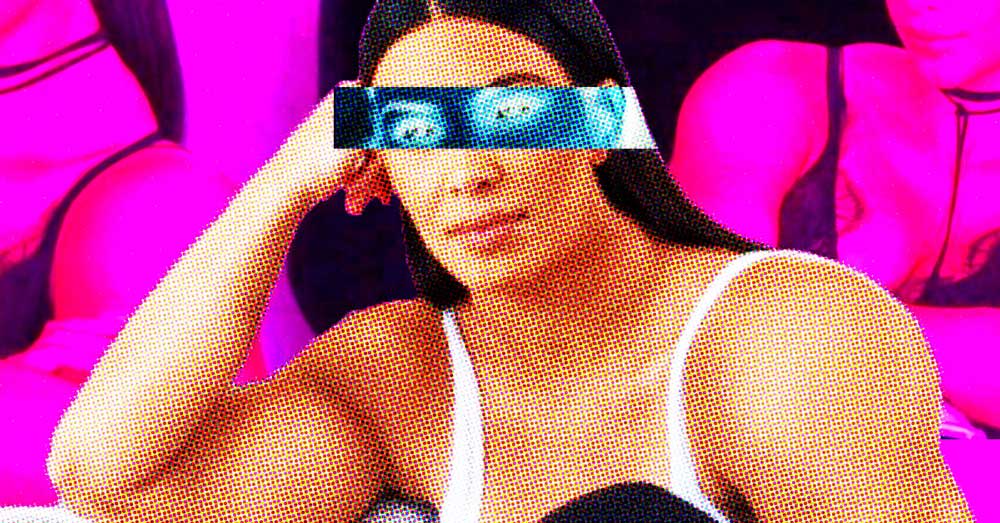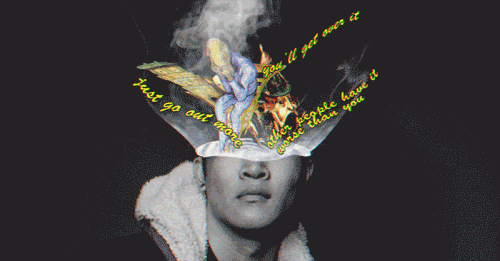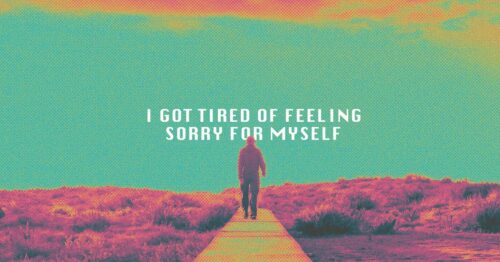“It’s all I ever wanted to be”
There were only two strong women I knew of in my youth: my mother and the late Miriam Defensor-Santiago.
My mother was the sixth of seven siblings. She wanted to be a doctor or a lawyer, but was told it wasn’t for women. She pursued a degree in nursing just like her parents told her before pivoting in the opposite direction post-board exams: design. Her life was no different as a wife, she weathered marital storms many, even a strong woman herself, would run away from. Instead of leaving a philandering spouse, she left a career she worked almost a decade to build to become a mother. In return, I, her daughter, challenged, disobeyed and rebelled against every single one of her rules. When the nightmare that was my teen years were over, she made another baby—her own interior design consultancy firm. As a business owner, she wanted to understand the process, from sod-turning to finishing. So by the time I graduated from college, we were able to fully move into a new house—one she bought, renovated and painted herself.
My mother was admired for her grit, feared for her explicit frankness, celebrated and antagonized for her unfettered nature. She fell ill and died when I was 22.
Meanwhile, the late Miriam Defensor Santiago, the Iron Lady of Asia, was an outlier unlike any other. Her brilliance was oft mistaken for insanity, her feral passion for country met with criticism and countless death threats—all of which she took in stride.
I grew up watching her interviews, listening to my mother talk about her with great pride and how I should aspire to be someone like her one day. Come to think of it, I did and proudly, too. Even amid “jibes” that we were related because we shared a name (if we’re being technical, it was her husband I shared a surname with…so joke’s on them), especially when I lost my temper. Honestly, it would be my honor to share the same bloodline. That might have upped my chances at a Latin honor. But while I did not share the same enthusiasm for the academe, it was Santiago’s fearlessness in fighting for what’s right and fair that was at the heart of my aspirations. Miriam Defensor Santiago passed on more than two years ago.
Their strong woman is all I ever wanted to be.
For the most part of my youth and my early twenties, the strong woman I upheld in thought was a hybrid of these two women. They were neither meek or mild, they were brave with their choices, be it in business, politics or clothes, never apologetic for being the smartest person in the room, unafraid to show their fury or shout expletives, their power defined by their ability to thrive in a man’s world. Their strong woman is all I ever wanted to be.
And I worked hard to be exactly that—or so I thought I did.
I stuck with toxic jobs and relationships long after they had expired because a strong woman should be able to endure pain and suffering just as my mother lived through her marriage. At work, I took more than I could handle because a strong woman can do it all, just look at MDS’ long and impressive list of accomplishments. My craft was used to fiercely express my sometimes one-dimensional opinions of the world because a strong woman is both intelligent and opinionated. I spoke up to the point of irreverence. My productivity, at home or in the office, was directly equivalent to my self-worth because a strong woman doesn’t waste time in leisure. I took pride when peers and workmates described me as “strong,” because what else would I be?
Weak? It didn’t exist in my vocabulary until I went through depression myself; I would cry uncontrollably, didn’t matter where I was or the time of day. I lost joy in activities and things I used to enjoy. I distanced myself from friends, from everyone unless unavoidable or urgent. Was I weak? In the beginning I believed I was, the feeling of dejection was still foreign to me. But as I worked my way out of it, I realized I wasn’t. None of the women or the people who experience or go through depression are weak. Vulnerable yes, but not weak.
I’ve played both parts—the “strong woman” and the “weak woman”—and it’s come to a point where I can’t gauge where I am in the spectrum. Maybe I had it all wrong, maybe we aren’t limited to binaries, like strong or weak. Maybe we are both, depending on the activity, day, level of experience, mindset, subject or whatever. We are, just like every other human on this earth, complex creatures; you can’t narrowly categorize us as simply this or that. (We have modern TV to thank for introducing us to more characters, like Annalise Keating, Nadia Vulvokov (Russian Doll), Sabrina Spellman, every single woman on OITNB, etc. that prove just that.)
But we can't just cast one another as “strong” or “weak.”
We all live different lives with different battles to fight. I don’t know what you’ve been through and you don’t know my story. But we can't just cast one another as “strong” or “weak.” Literal strength or otherwise is not inherent to us. It is also not a state of permanence because don’t we all, at some point, just want to have a good, ugly cry?
Strong takes a lot of work. But strong is also knowing that you are your own person, that while benchmarks are great, self-worth isn’t measured against the achievements of our mothers or idols, that our experiences have the power to change us, including our choices and preferences, that it’s okay to cry or to want a hug—because a strong woman knows she can’t do it all, at least not all on her own.
Words mrs
Art Alexandra Lara





















